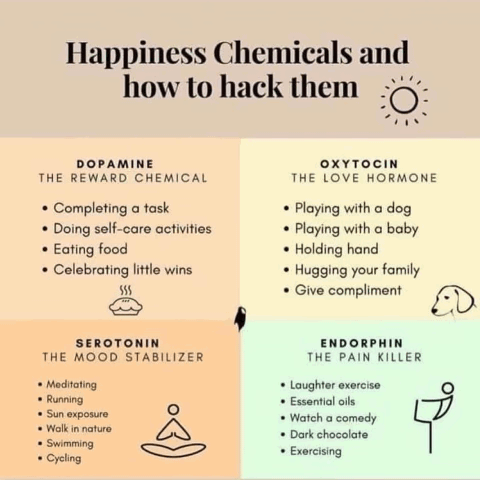Do you know what one of the most significant prerequisites is for successful leadership? I am personally convicted by this truth.
Self-awareness that leads to self-management.
One of the great leadership and management gurus of our lifetime, Dr. Peter Drucker, made this observation in his work with leaders:
"You cannot manage other people unless you manage yourself first."
I can certainly resonate with this truth in my own life as a leader! It's a challenge because as leaders we're always wanting higher levels of productivity and results and we push our teams to go there. So that's what we prioritize with our time.
I've seen the need for self-awareness and self-management in the lives of 100s of leaders I've worked with, too.
And yet the most important relationship we will ever have in this lifetime is our relationship with ourself.
How can a leader empower others to be their best version of themselves if the leader never takes the time to manage themselves?
This summer I chose to take a sabbatical for the sole purpose of reengaging in some strategic self-reflection. I have spent literally hours and hours during my sabbatical journaling and in conversation with trusted people in my life about who I am and can be more of:
*What are my best strengths, *how can I deepen my emotional intelligence, *in what ways can my purpose and mission shift to be more effective, *how I can more adequately articulate my purpose and mission in this world, *in what specific ways can I improve my way of being with others around me, *what are my blind spots, weaknesses and growth points, *what brings me the most joy and fulfillment in my work, *and what mindsets and beliefs do I need to let go of to be more of who I can be?
I want to bring to my work this Fall the very best, most authentic, courageous, confident, fulfilling, and powerful self I have - the highest version of Me - knowing that I am fully human, won't always be my best, needing patience for myself, but I can still stay on the path of my calling and purpose.
I challenge you to reflect on yourself in ways that empower you to manage yourself. So that as you manage your relationships with the people you serve you will increase their trust and satisfaction with you as their leader as you empower them to be their very best. This is what I want for my life, too!















